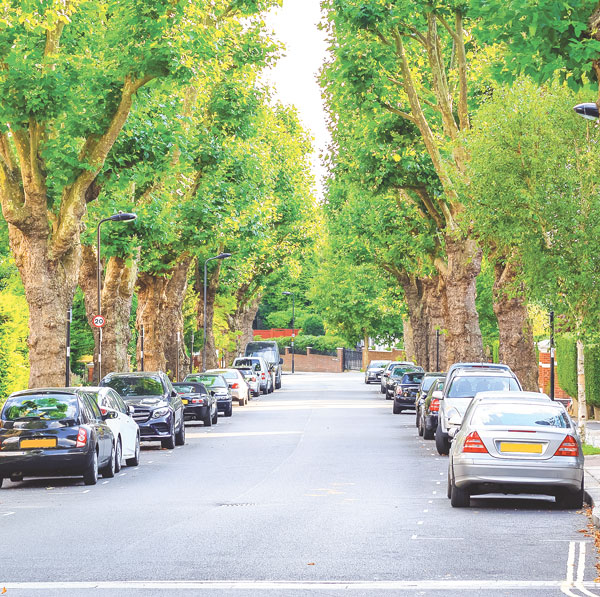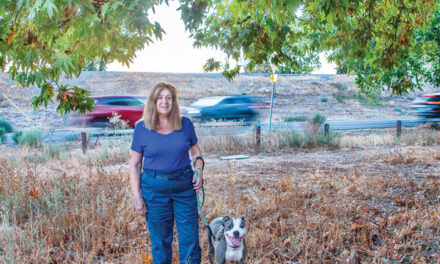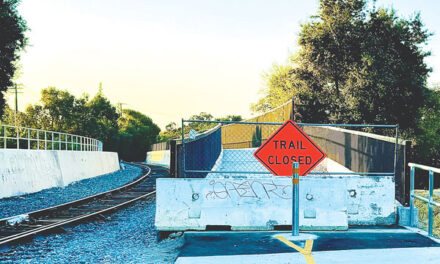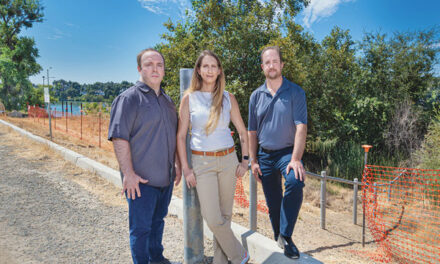It’s not yours. It belongs to all of us. That convenient parking spot in front of your home or apartment is public property. Property rights don’t extend into the street.
It’s frustrating when outsiders—commuters, shoppers, restaurant guests, students and visitors (but not yours, of course)—zero in on “your” spot and fill “your” street.
Competition for on-street parking is more crowded than ever. Curb space is needed for hydrants, deliveries, transit, parklets, outdoor dining, curbside pick-up, bike lanes, wider sidewalks, shared bikes, scooters, electric vehicle charging, taxi-Uber-Lyft and, someday, automated vehicles. There’s a developing field called curb management to figure out how best to use this scarce resource.

Primary demand for street parking comes from commuters and visitors. Complaints from residents prompt many cities to give residents first dibs. In Sacramento, residents receive permits to park long-term in their neighborhood zone. Permits are free. The zones, established in 1979, now include more than 25,000 parking spaces.
Here’s the thing. Parking is never really free. Basically, cities let residents store their cars on the street, immobile about 95 percent of the day and night. Private cars are convenient when moving, but also expensive millstones, gobbling up space larger than some studio apartments, when parked.
Free parking is one of the most significant ways America subsidizes car use and encourages car ownership. As UCLA professor and parking guru Donald Shoup puts it, parking spaces are “a fertility drug for cars.”
By issuing free permits, Sacramento doesn’t cover the cost of administering the permit program. In San Francisco, an annual parking permit costs $165. If Sacramento did something similar for its 25,000 zoned spots, the city could gain more than $4 million every year.
That money could go toward improving neighborhoods and maybe help pay down debt for Golden 1 Center, the city’s share of which is funded by parking revenue.
Sacramento’s residential parking permit program privatizes public space. It gives exclusive use of valuable space to select citizens. Residents would scream if Sacramento charged for permits after 43 years of giving them away free. But there would be considerable benefits.
California recently passed a law to eliminate the ability of cities to mandate off-street parking for most new development within a half mile of transit stops. The intent is to make housing near transit more affordable, since garages add tens of thousands of dollars to the cost of development, potentially reducing the number of units.
In 2014, it was estimated a single underground parking space for a residential or commercial development could cost up to $80,000. That number is higher now.
The negative impact of unfettered car usage is enormous. There are efforts to eliminate parking minimums everywhere, not just near transit, and let developers and the market determine whether the expense of parking is justified.
To repeat, free parking, whether at a workplace, mall, restaurant or residential street, is never free. Let’s stop giving it away.
Walt Seifert is executive director of Sacramento Trailnet, an organization devoted to promoting greenways with paved trails. He can be reached at bikeguy@surewest.net.















